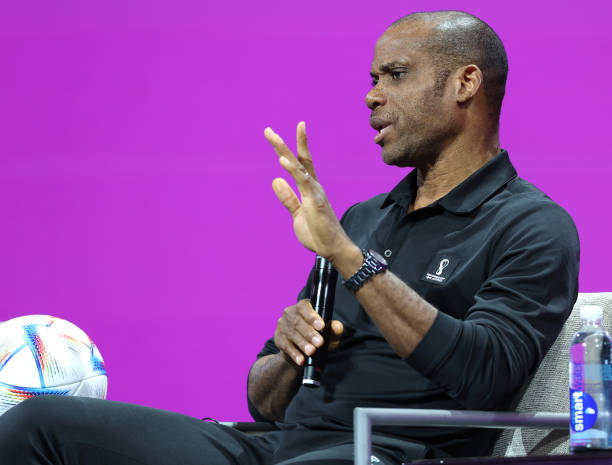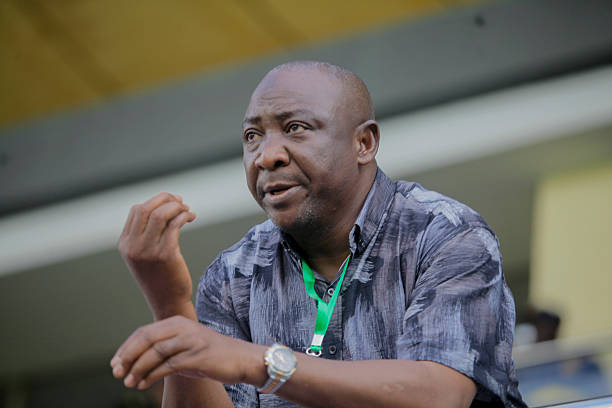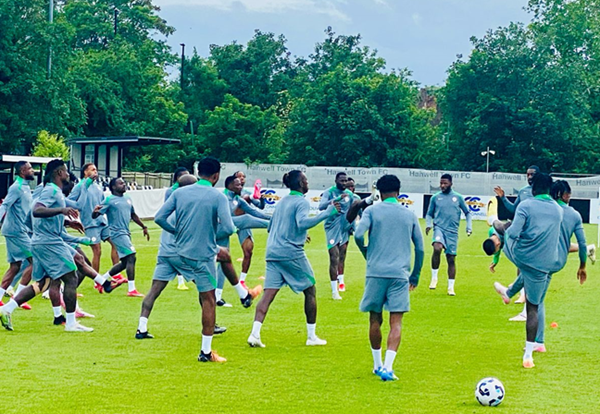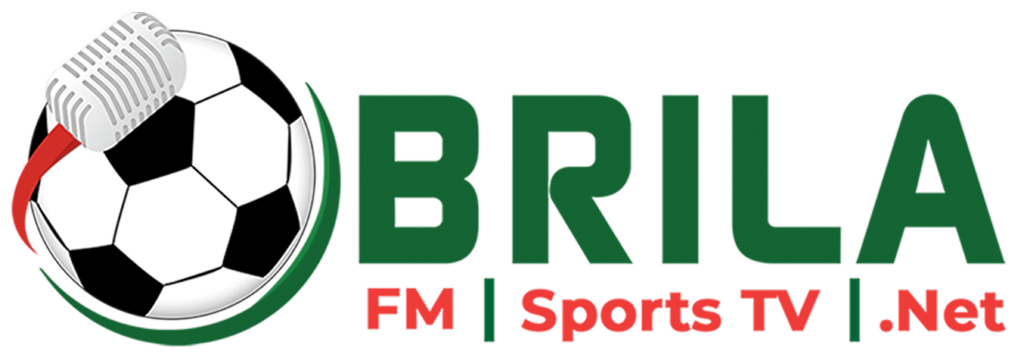The Nigeria Football Federation is facing renewed pressure to reinstate a formal Code of Conduct for all National team.
This follows a string of disciplinary lapses and public outcry over player behavior during national duty.
The proposed code will outline clear standards for conduct, camp discipline, and professional responsibilities.
Former Super Eagles coach Sunday Oliseh became the latest voice in the growing chorus on Monday, calling for strict enforcement of behavioral guidelines.

Oliseh highlighted incidents of players breaching camp rules, including recent outings during international assignments.
“I don’t blame these players too much if the structure is not there to say, this is how you behave,” Oliseh said.
“Those kinds of things you don’t dare do at your club — why are you doing them for the Super Eagles?” he added.
The call echoes a similar initiative in December 2021, when the NFF announced plans to draft a new behavioral framework for the national teams.
Although a legal team was tasked with developing the document, there has been no official confirmation of its implementation or enforcement since then.
A Code of Conduct was first introduced in 2015 to prevent disruptions caused by bonus disputes and player misconduct.
The move came after high-profile incidents, including the Super Eagles’ near-boycott of the 2013 FIFA Confederations Cup.
Also read: Super Eagles Captain Urges Nigerians to Rally Behind Team
Similarly, there was a payment crisis during the 2014 World Cup in Brazil, which required presidential intervention.
Despite its promising start, the code fell into disuse amid leadership instability and allegations of corruption within the NFF.

The push for its revival gained momentum following several embarrassing episodes in recent times.
Former coach, Finidi George revealed in 2024 that attempts to impose sanctions were often blocked by influential NFF officials protecting certain players.
Skepticism remains
The NFF is currently under scrutiny by the House of Representatives over the alleged mismanagement of $25 million in FIFA and CAF grants.
Without internal reforms, any new code risks becoming another unenforced document.
Football stakeholders and fans have largely supported the idea of a reinstated code, but insist it must apply equally to players and federation officials.
It is also believed that the NFF should be held accountable for any misconduct.
As Nigeria prepares for the 2026 FIFA World Cup playoff and the 2025 AFCON, a well-enforced Code of Conduct could improve performance.



